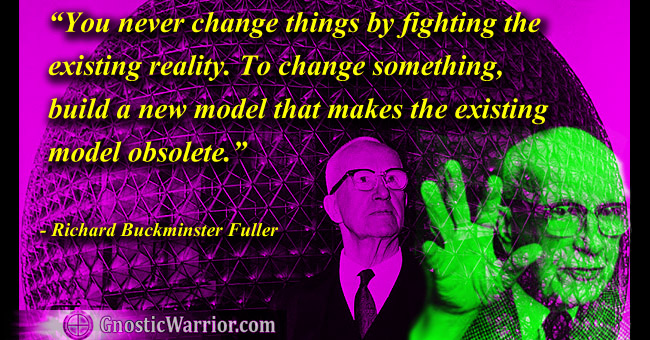Page 15
which lies the limitless and the incomprehensible, or rather the Unutterable. If our mortal language is inadequate to express what our spirit dimly foresees in the great “Beyond” — while on this earth — it must realize it at some point in the timeless Eternity.
Not so with Professor Huxley’s theory of the “Physical Basis of Life.” Regardless of the formidable majority of “nays” from his German brother-scientists, he creates a universal protoplasm and appoints its cells to become henceforth the sacred founts of the principle of all life. By making the latter identical in living man, “dead mutton,” a nettle-sting, and a lobster; by shutting in, in the molecular cell of the protoplasm, the life-principle, and by shutting out from it the divine influx which comes with subsequent evolution, he closes every door against any possible escape. Like an able tactician he converts his “laws and facts” into sentries whom he causes to mount guard over every issue. The standard under which he rallies them is inscribed with the word “necessity”; but hardly is it unfurled when he mocks the legend and calls it “an empty shadow of my own imagination.”
The fundamental doctrines of spiritualism, he says, “lie outside the limits of philosophical inquiry.” We will be bold enough to contradict this assertion, and say that they lie a great deal more within such inquiry than Mr. Huxley’s protoplasm. Insomuch that they present evident and palpable facts of theexistence of spirit, and the protoplasmic cells, once dead, present none whatever of being the originators or the bases of life, as this one of the few “foremost thinkers of the day” wants us to believe.
The ancient Kabalist rested upon no hypothesis till he could lay its basis upon the firm rock of recorded experiment.
But the too great dependence upon physical facts led to a growth of materialism and a decadence of spirituality and faith. At the time of Aristotle, this was the prevailing tendency of thought. And though the Delphic commandment was not as yet completely eliminated from Grecian thought; and some philosophers still held that “in order to know what man is, we ought to know what man was” — still materialism had already begun to gnaw at the root of faith. The Mysteries themselves had degenerated in a very great degree into mere priestly speculations and religious fraud. Few were the true adepts and initiates, the heirs and descendants of those who had been dispersed by the conquering swords of various invaders of Old Egypt.
The time predicted by the great Hermes in his dialogue with AEscu-
Page 16
lapius had indeed come; the time when impious foreigners would accuse Egypt of adoring monsters, and naught but the letters engraved in stone upon her monuments would survive — enigmas incredible to posterity. Their sacred scribes and hierophants were wanderers upon the face of the earth. Obliged from fear of a profanation of the sacred mysteries to seek refuge among the Hermetic fraternities — known later as the Essenes — their esoteric knowledge was buried deeper than ever. The triumphant brand of Aristotle’s pupil swept away from his path of conquest every vestige of a once pure religion, and Aristotle himself, the type and child of his epoch, though instructed in the secret science of the Egyptians, knew but little of this crowning result of millenniums of esoteric studies.
As well as those who lived in the days of the Psammetics, our present-day philosophers “lift the Veil of Isis” — for Isis is but the symbol of nature. But, they see only her physical forms. The soul within escapes their view; and the Divine Mother has no answer for them. There are anatomists, who, uncovering to sight no indwelling spirit under the layers of muscles, the network of nerves, or the cineritious matter, which they lift with the point of the scalpel, assert that man has no soul. Such are as purblind in sophistry as the student, who, confining his research to the cold letter of the Kabala, dares say it has no vivifying spirit. To see the true man who once inhabited the subject which lies before him, on the dissecting table, the surgeon must use other eyes than those of his body. So, the glorious truth covered up in the hieratic writings of the ancient papyri can be revealed only to him who possesses the faculty of intuition — which, if we call reason the eye of the mind, may be defined as the eye of the soul.

Moe is the founder of GnosticWarrior.com. He is a father, husband, author, martial arts black belt, and an expert in Gnosticism, the occult, and esotericism.

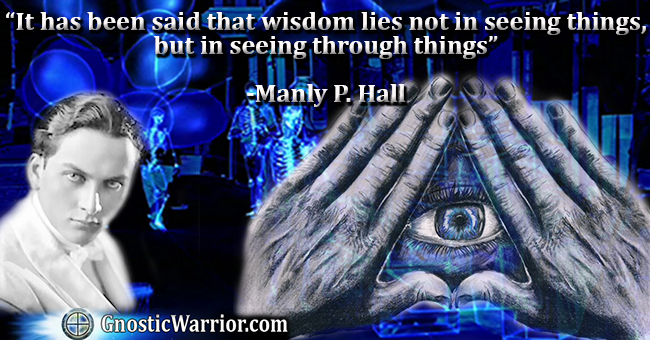
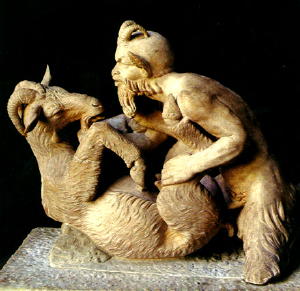

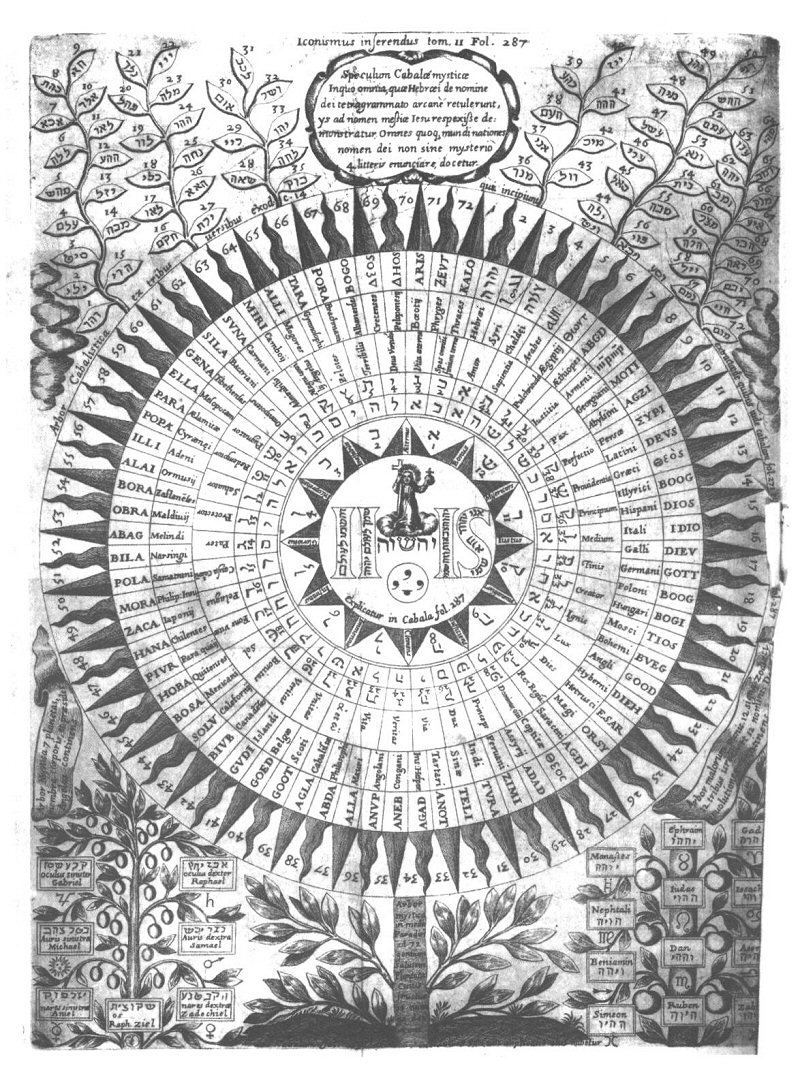
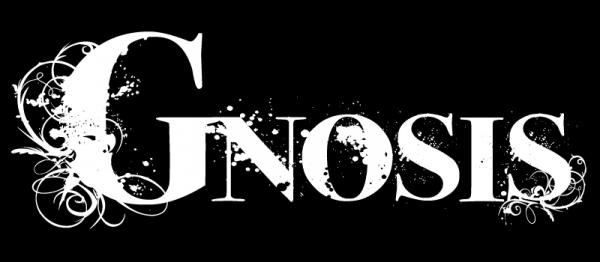
![How one in the province of the Northumbrians, rose from the dead, and related many things which he had seen, some to be greatly dreaded and some to be desired [Circ. 696 A.D.] | Book 5 | Chapter 11 How one in the province of the Northumbrians, rose from the dead, and related many things which he had seen, some to be greatly dreaded and some to be desired [Circ. 696 A.D.] | Book 5 | Chapter 11](https://www.gnosticwarrior.com/wp-content/plugins/contextual-related-posts/default.png)
